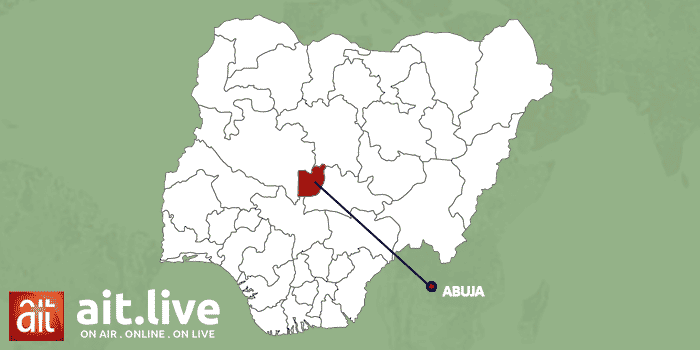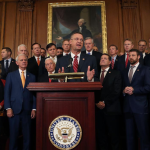Concerned about the impact of the inceasant strikes by primary school teachers in the federal capital territory, the Federal Ministry of Education has reviewed the communiqué issued by the Nigeria Union of Teachers, NUT, FCT chapter to find possible solution to end the quagmire
Education Ministry spokesperson, Boriowo Folasade, in a statement said the Minister of Education, Tunji Alausa, acknowledges the concerns raised by the Union regarding the implementation of the New National Minimum Wage for primary school teachers in the Federal Capital Territory and deeply values the unwavering commitment of Nigerian teachers, who remain the backbone of the nation’s foundational education system.
The statement said While the administration of LEA Primary Schools in the FCT falls under the purview of the six Area Councils and their respective Local Education Authorities, LEAs, the Federal Ministry of Education reaffirms its commitment to the welfare, dignity, and professional development of teachers at all levels.
It adds that the FCT minister, Nyesom Wike, the Minister of Education, the Universal Basic Education Commission, UBEC, and other key agencies will continue to engage on the matter and encourage the Area Council Chairmen to do the same, with a view to settling the issue amicably.
MUST READ: FCT Minister commends US-based physician for opening arthritis centre in Abuja.
It says further that In line with the principles of cooperative governance and shared responsibility, the Ministry will sustain its mediation efforts among stakeholders to foster constructive dialogue and prevent any disruption to children’s education arising from unresolved administrative challenges.
The Education ministry’s statement reemphasised that Under the Renewed Hope Agenda of President Bola Tinubu,, the Ministry is leading far-reaching reforms in basic education—covering infrastructure, digital learning, curriculum modernization, and teacher development. These national gains must be complemented by fairness, equity, and responsiveness to the needs of educators.
The Ministry used the opportunity to call on all parties—Unions, Area Councils, and Education Administrators—to act in good faith and prioritize dialogue, transparency, and shared responsibility. The integrity of Nigeria’s basic education must be safeguarded against avoidable disruptions.
(Editor: Paul Akhagbemhe)








